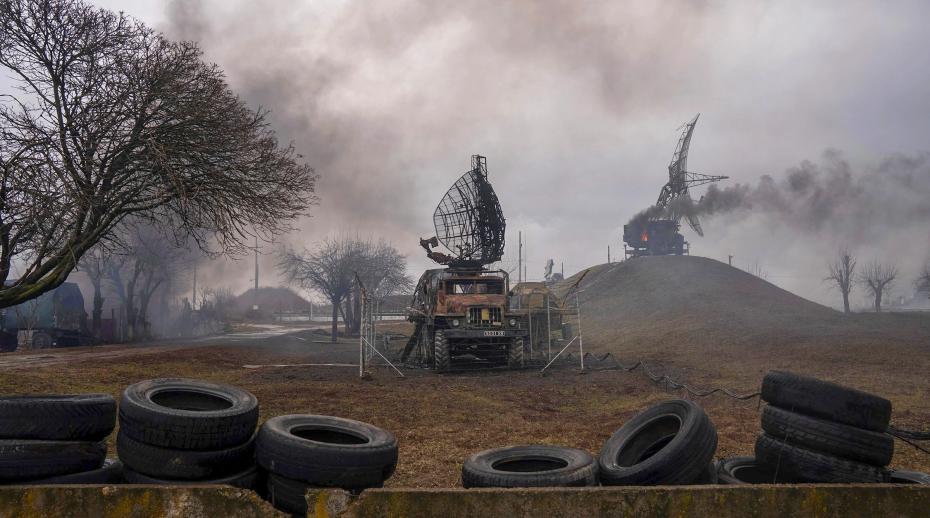
Online event
The Russian war in Ukraine constitutes a now well-acknowledged ecological, as well as geopolitical and humanitarian, catastrophe. Negative impacts to the environment include toxic remnants and pollutants from the use of military weapons and equipment; direct damage from the war to water, soil and forests; and additional contamination from the shelling of hundreds of toxic and hazardous facilities. Resources poured into managing war efforts in Ukraine have also redirected government attention from tasks related to environmental governance and climate action, which poses additional risks for the country, region and wider global sustainable developmental agenda. However, redressing these negative environmental impacts and moving forward to rebuild after them also present a range of opportunities.
The webinar brings together a distinguished expert panel to discuss green ways forward for Ukraine. The aim of the webinar is to raise awareness about the ecological dimensions of the war in Ukraine and create a better understanding of the broader context for restituting environmental crimes or damage. The discussion will also highlight ongoing and potential ways that external actors are assisting or can assist Ukraine in rebuilding in a green, sustainable manner.
Speakers
Anna Ackermann, Board Member, Centre for Environmental Initiatives ‘Ecoaction’ (Ukraine)
Professor Torbjörn Becker, Director, Stockholm Institute for Transition Economics (SITE)
Dr Nickolai Denisov, Deputy Director, Zoï Environment Network
Claire McAllister, Project Lead, Environment of Peace initiative, SIPRI
Professor Cymie Payne, Department of Human Ecology, Rutgers University
Doug Weir, Research and Policy Director, Conflict and Environment Observatory (CEOBS)
Moderator
Dr Ian Anthony, Director of the European Security Programme, SIPRI
Watch a recording of the webinar here.